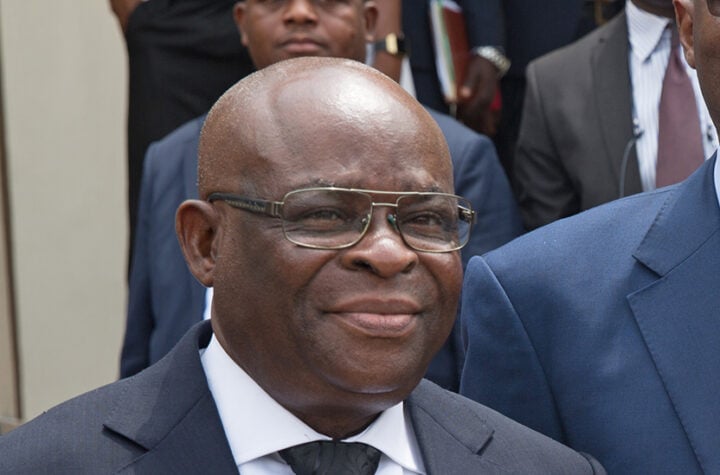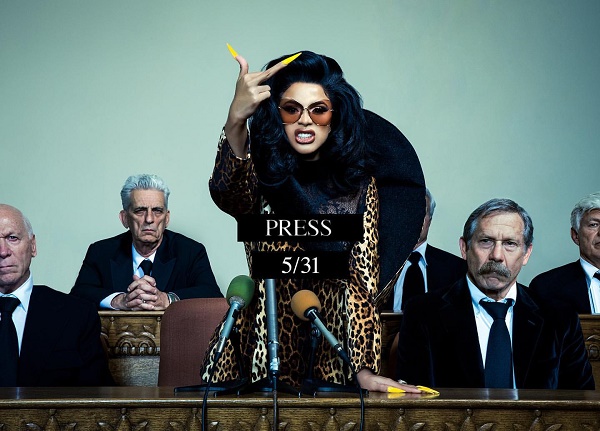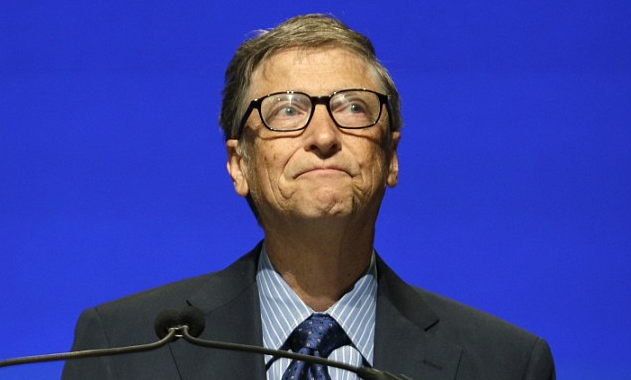A group known as the Justice Reform Project has described the “unceremonious removal” of Walter Onnoghen, former chief justice of Nigeria (CJN), as a signal of a crisis in the administration of justice in the country.
Citing an order of the Code of Conduct Tribunal (CCT), President Muhammadu Buhari suspended Onnoghen over allegations of false declaration of assets in January.
Onngoghen, who was arraigned before the CCT on a six-count charge, was convicted but later resigned in April.
In a letter dated June 21 and addressed to President Muhammadu Buhari, Yemi Candide-Johnson, convener of Justice Reform Project, said Onnoghen’s trial led to the “collapse of confidence” in the individuals who occupy judicial offices.
Advertisement
“This memorandum follows the public announcement that Mr. President has accepted notice of retirement from the former Chief Justice, Justice Walter Onnoghen, and your Excellency intends shortly to nominate an additional five justices to the nation’s Supreme Court,” the group said.
“Mr. President, there can be little contest that the absence of effective self-regulating mechanisms for the legal profession has played a major role in the loss of confidence in the nation’s judiciary.
“The unceremonious removal of the nation’s highest judicial officer was the clearest signal in recent times of a raging crisis in the administration of justice in Nigeria, and the collapse of confidence in the individuals who occupy highest judicial offices.”
Advertisement
The group also urged the president to ensure that only those who merit it are appointed as judges of the apex court.
It made reference to how Aloma Mukhtar, former chief justice of Nigeria, lamented the prevalence of lobbying and favouritism in judicial appointments at the cost of merit.
“We respectfully urge and make the following prayers of Mr. President: instruct the attorney-general of the federation to issue an opinion as to the quality and character of candidates for high judicial office and the principles upon which the President will act in making such appointment,” the letter read.
“Nigeria has long been a peculiar jurisdiction when it comes to the appointment of Judges and Justices to superior courts of record. While the Constitution provides that an appointee to the highest judicial office must have no less than 15 years’ experience post call to the Bar, and must be a fit and proper person, this could not have been intended to result in a lowering of judicial standards to the current extent.
Advertisement
“The Constitutional prescription is only an entry qualification, and that in and of itself is incapable of producing a crop of Judges who are equipped in character and intellect to occupy the highest judicial office in the land. Certainly, not every lawyer with 15 years of practice experience and with an otherwise clean record is fit for the Supreme Court even if he/she is ‘qualified’. It is an office that demands to be occupied by persons of the highest character, and intellectual capability.
“Your Excellency is undoubtedly bound by the rules of law, and this you have expressed without hesitation. You are therefore committed to recognizing the independent, impartial, competent and effective judiciary. It is imperative that Your Excellency circumvents the lapses in the system in forwarding any fresh nomination that may perpetuate the same cycle that have brought us to this point in the first place. It is critical that only the most excellent and incorruptible minds are appointed to the bench.
“A successful judiciary is one whose members are appointed following a rigorous process and adherence to criteria that assess both the candidate’s legal qualifications as well as integrity (please see Annex 1 for a detailed illustration of such criteria). |t is crucial that only the best people are appointed to judicial positions.”
Apart from Candide-Johnson, 33 other people signed the letter.
Advertisement
Add a comment







